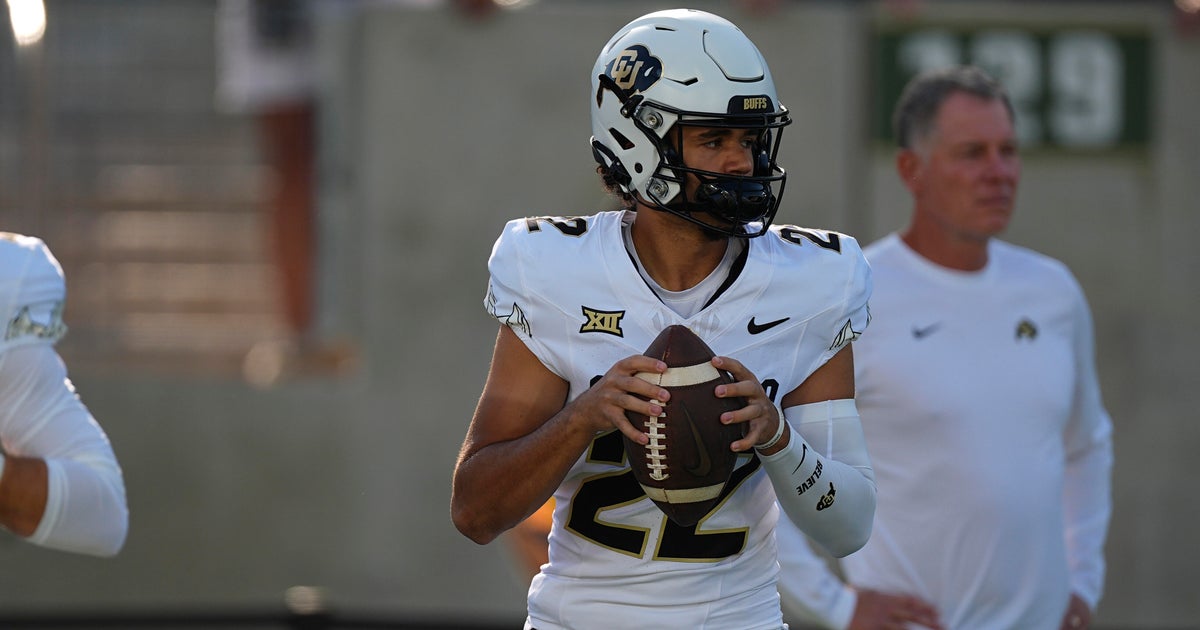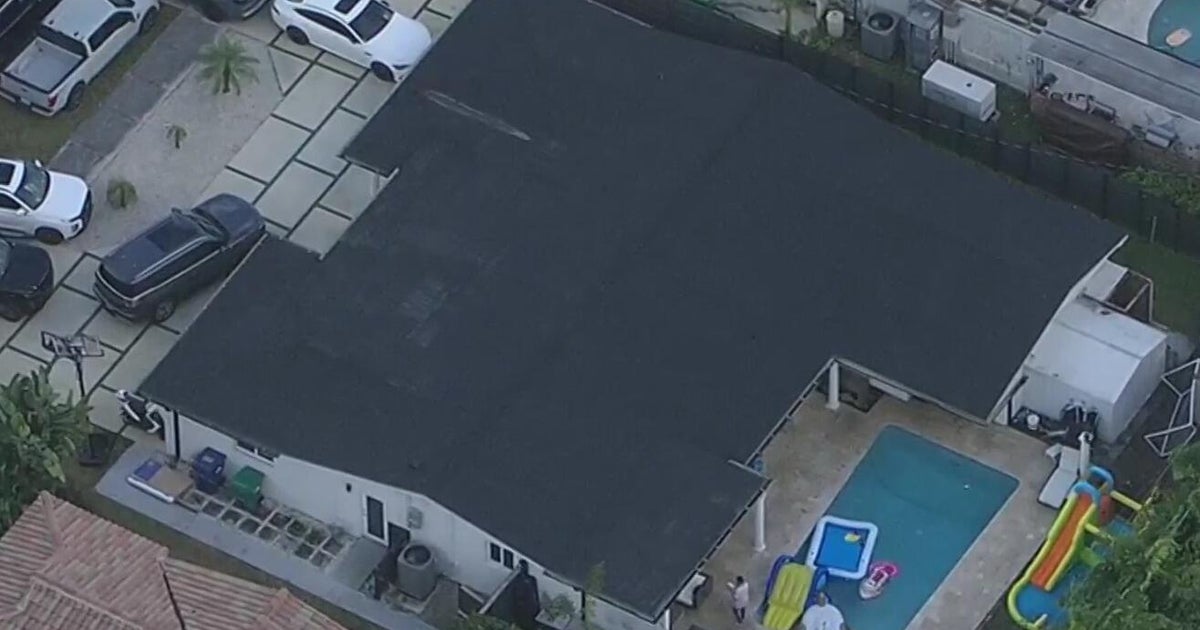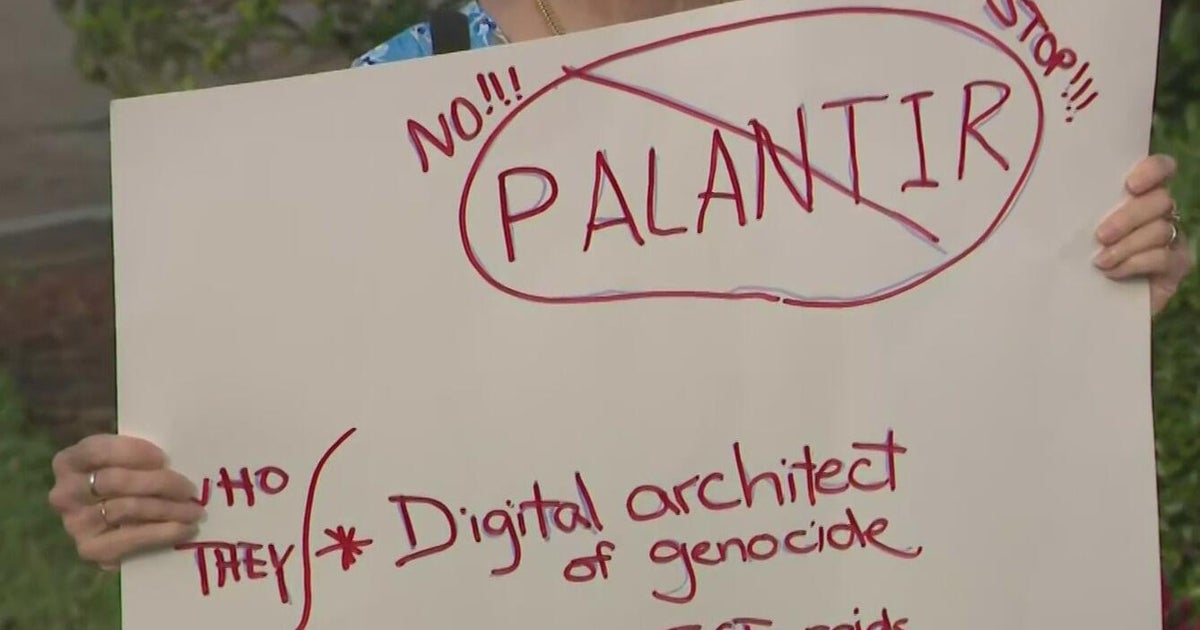TALLAHASSEE — Peppering lawyers for the state and the Florida Chamber of Commerce with queries, some Florida Supreme Court justices appeared skeptical Wednesday of arguments that the courtroom ought to reject a proposed constitutional modification that would let leisure use of marijuana by people 21 or more mature.
Justices have right until April 1 to come to a decision whether or not the proposal – bankrolled by the state’s greatest health care cannabis operator, Trulieve – must go right before voters in November 2024.
The case also could have broader implications for attempts to modify the Florida Constitution, Wednesday’s arguments indicated.
Lawyers for Attorney Basic Ashley Moody’s place of work and the Florida Chamber of Commerce argued that the proposed marijuana modification would be misleading to voters and fails to deal with a single issue as needed underneath point out regulation.
But an lawyer representing Smart & Protected Florida, a political committee backing the proposal, mentioned the court’s individual “roadmap” was applied to draft the measure.
Jeffrey DeSousa, chief deputy solicitor common in Moody’s workplace, mentioned Florida regulation calls for proposed amendments to be “crystal clear and unambiguous.”
“The legal professional typical opposes ballot placement because we imagine, in a number of means, this ballot summary is deceptive,” DeSousa instructed the justices.
DeSousa pointed to a component of the proposal that states the state’s at this time accredited operators, acknowledged as health-related cannabis treatment facilities, “and other state-accredited entities” would be allowed to take part in the business.
The summary isn’t going to demonstrate that the Legislature would have to produce a course of action for more “entities” to join the current market, he argued.
“What’s genuinely heading on right here is that the ballot summary is playing on a desire of voters to see increased competition in the market. There have been general public problems that the marketplace is monopolized and therefore increasing rates,” DeSousa said.
But Main Justice Carlos Muniz pressed him on the problem.
“If you examine it practically, what it really is telling individuals is that there may well be two entities certified in the state other than these medical cannabis therapy facilities. … Is that actually relative to the aggressive landscape?” Muniz asked.
He requested DeSousa to “stroll by way of the thought process” of a voter.
“I’m in there and I consider the strategy of allowing for leisure use is superior, but I would vote no due to the fact the Legislature may possibly not authorize entities other than MMTCs (health care marijuana remedy facilities) to provide? I necessarily mean, who are you seeking to shield?” Muniz requested.
DeSousa said “some subset of voters” who are “apathetic about leisure cannabis use” would “like to see a lot more competitors in the market … and so they’ll assistance it underneath the thought that this will decrease prices there.”
The state lawyer also concentrated on element of the ballot summary that says the proposal “applies to Florida regulation does not adjust, or immunize violations of, federal regulation.” DeSousa argued that is deceptive because it would not specify that marijuana remains unlawful underneath federal regulation.
“I feel that it is a very simple circumstance for voters to be puzzled about this,” DeSousa stated.
But Justice John Couriel pushed back again.
“Assist me fully grasp what this does to inject confusion,” he explained.
“Due to the fact it works by using the term ‘allows’…'” DeSousa started..
“Appear on. It states it applies to Florida law,” the justice interrupted. “We won’t be able to not read the context of the full statement. … I suggest, occur on. Where’s the hidden ball? It says on the confront of this that it applies to Florida law.”
DeSousa claimed “there is at the very least ambiguity” in the ballot summary.
Justice Charles Canady also weighed in.
“I don’t know how a voter, when it suggests, ‘does not immunize violations of federal law,’ how a voter could be perplexed by that. I’m baffled by the argument,” Canady reported.
Samuel Salario, an lawyer for the Florida Chamber, also confronted concerns. The organization team has a lengthy history of opposing proposed ballot initiatives and has backed endeavours creating it additional challenging to amend the Structure.
“The Structure is not the area for impulsive plan transform. Legislation on difficult thoughts is the constitutional province of the Legislature,” Salario mentioned.
He reported the proposal violates a requirement that amendments deal with only a single matter since it would both equally “immunize sanctions” for cannabis use and give the state’s present-day health care cannabis operators “efficient regulatory capture” more than the cannabis industry. But the argument drew pushback.
“If a evaluate is to have a oneness of function below our case law, does that suggest that it can never, with a single alter to the natural and organic regulation of the condition, each permit one thing or eliminate penalties for a little something with no speaking to the industry implications of that?” Couriel questioned.
“I’m not suggesting that,” Salario conceded.
Canady probed more.
“Your basic situation listed here is that this is just not a right subject for the initiative approach … There is genuinely no way that the citizens could act in this arena by means of the initiative method, proficiently,” Canady explained. “Say their most important function is to have the professional sale of cannabis for particular use … Is there any way they could attain that successfully in your view?”
“I consider that if you are conversing about an modification that would blend the decriminalization or legalization …,” Salario began.
“So they couldn’t,” Canady interrupted.
“They are unique thoughts that are not linked,” Salario mentioned.
“It seems like this is turning the solitary-subject need into not something other than a straightjacket,” Canady responded.
John Bash, an lawyer who signifies the Smart & Harmless political committee, advised the justices that “business sales go hand-in-hand with possession.”
The amendment’s sponsors “did a conscientious career” of relying on the court’s possess “roadmap” in the latest marijuana-connected rulings, Bash argued, noting that the court has been unwilling to strike ballot initiatives about the many years.
“If there was at any time a scenario not to do it, it is really the a person where by the ballot sponsor seemed at the court’s precedents, tried using to comply with them scrupulously and even adopted the language that this court docket said is the roadmap,” Bash stated.
He also stated voters will have an knowledge of what the proposed amendment would do and know that the “federal proscription on cannabis is not at challenge here.”
The questions from the conservative court – which incorporates five justices appointed by Gov. Ron DeSantis, who opposes the proposal – appeared to buoy proponents of the measure.
“It seems that at minimum some users of the court docket imagine the investigation advanced by the Legal professional General’s Office and the Florida Chamber of Commerce constrain the citizens’ amendment method to the place that no proposal could at any time arrive at the ballot,” lawyer John Lockwood, who signifies cannabis corporations but is not included in the Supreme Court docket situation, informed The News Service of Florida in an e mail.



